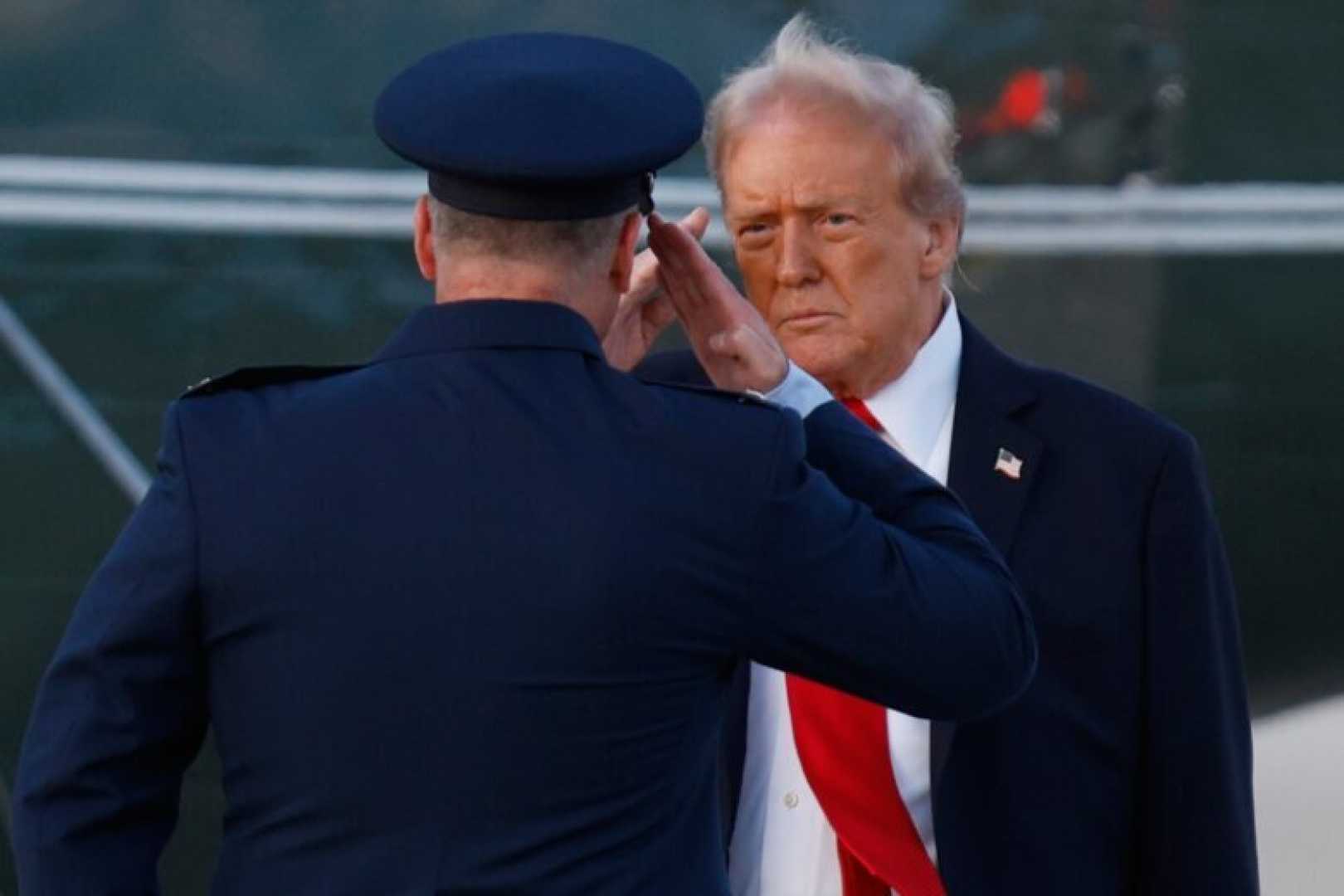Politics
Trump Appeals to Supreme Court Over Foreign Aid Funding Dispute

Washington, D.C. — President Donald Trump has asked the Supreme Court to intervene in a dispute regarding billions of dollars in foreign aid his administration seeks to cut. This legal battle could clarify the extent of presidential power in canceling funds approved by Congress.
The case centers on $4 billion in foreign aid that Congress allocated but the Trump administration argues is no longer aligned with its objectives. The White House has initiated a concerted effort, both legally and politically, to halt this spending.
The emergency appeal follows a recent divided decision from the D.C. Circuit Court of Appeals, which mandated that the State Department must expend the $4 billion in aid by the end of September. The administration represents this order as a dangerous infringement on the separation of powers.
“The president can hardly speak with one voice in foreign affairs or dealings with Congress when the district court is forcing the executive branch to advocate against its own objectives,” remarked D. John Sauer, U.S. Solicitor General.
Nonprofit organizations filed a lawsuit to gain access to the congressionally approved funds, which are intended for global health and HIV/AIDS programs overseen by the State Department and the now-defunct U.S. Agency for International Development.
In a ruling last week, U.S. District Judge Amir Ali proclaimed that the administration cannot withhold these funds without congressional authorization. The D.C. Circuit Court did not grant the administration’s request to suspend this ruling.
The Trump administration plans to allocate $6.5 billion of the contested foreign aid by the end of the month while seeking to retain the additional $4 billion. In late August, Trump informed Congress of his intent to execute a “pocket rescission,” a tactic that effectively cancels approved spending unless Congress acts.
In response, administration opponents filed their own objections regarding an administrative stay, which the government requested to temporarily halt proceedings as the Supreme Court considers its appeal.
Opponents argued that granting a stay could allow the administration to let the deadline pass and ultimately not spend the funds in question. “The government’s theory that agencies need not comply with enacted legislation mandating the spending of funds would fundamentally upend our constitutional structure,” they stated.
This case has appeared before the Supreme Court before; in March, justices rejected the Trump administration’s previous efforts to freeze the foreign aid. However, they did not set a timeline for releasing the funds, leaving room for further legal challenges.












